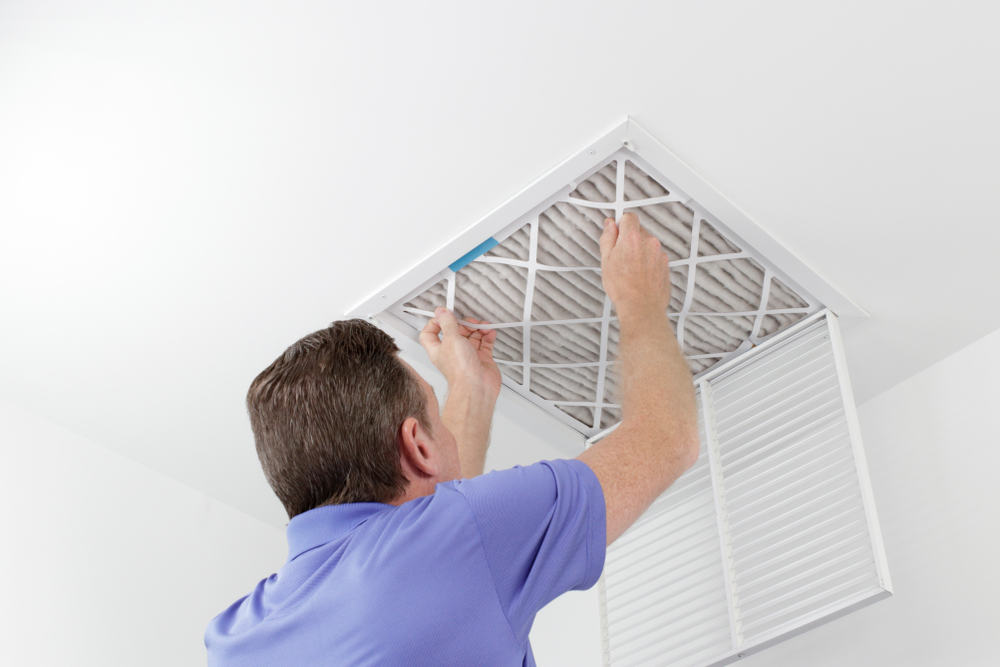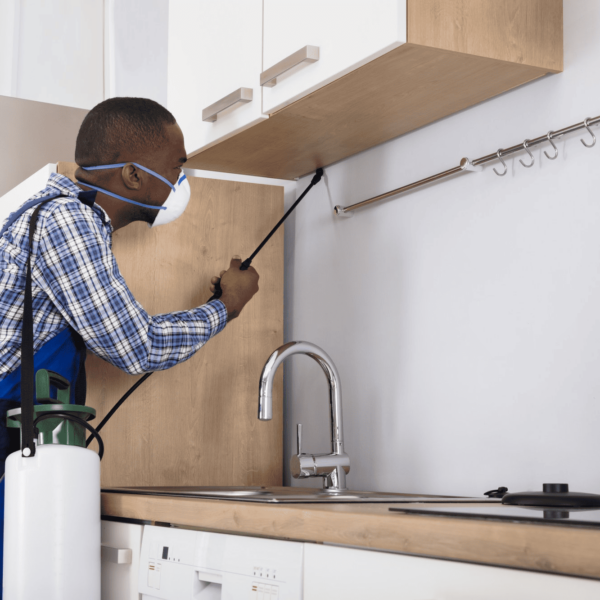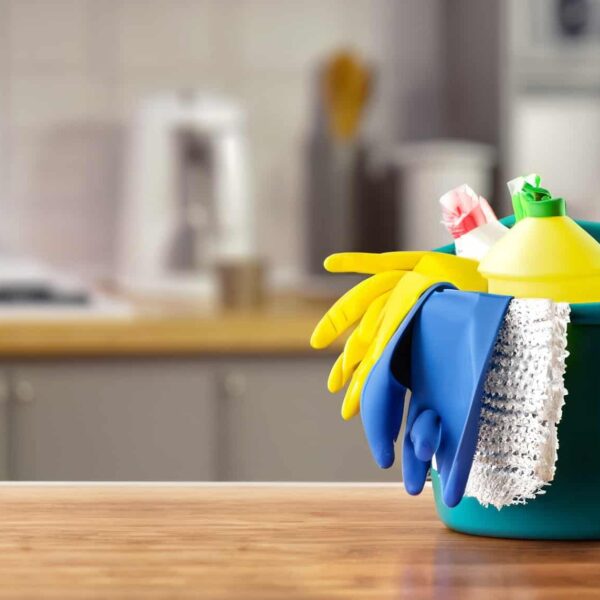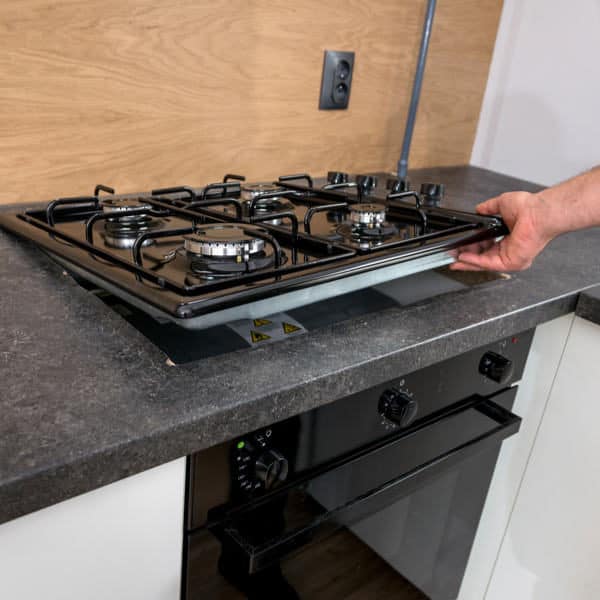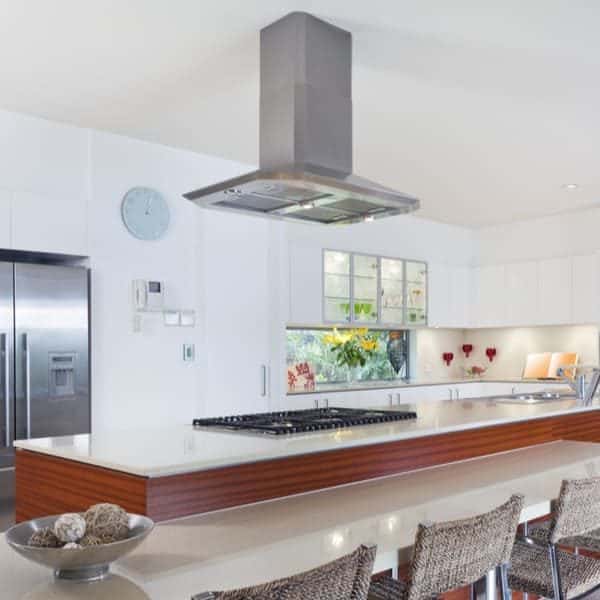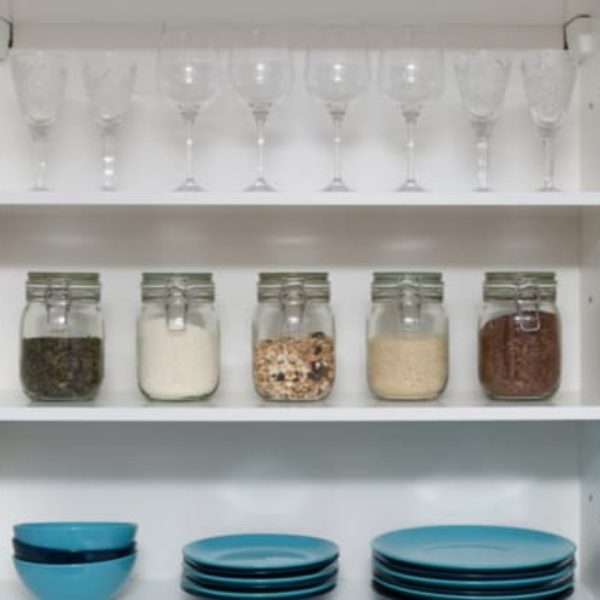Does the brand matter when selecting an air filter for your HVAC system? With numerous options available in the market, it’s only natural to question whether the brand name plays a significant role in the performance and quality of an air filter.
While the brand has some influence on air filters, it’s essential to consider other factors such as filtration efficiency, compatibility with your HVAC system, and specific air quality needs. Let’s see exactly what brand significance means in the world of air filters.
Quality Assurance and Research
In order for air filter brands to get established, they need to invest in extensive research and development to produce high-quality filters. They have advanced manufacturing processes, stringent quality control protocols and measures, and a commitment to meeting industry standards.
Established brands have a reputation to uphold and strive to deliver reliable products that perform as advertised; otherwise, they might even face lawsuits. Some air filter brands sometimes make air filters specially adapted to certain HVAC systems for perfect compatibility.
Choosing a well-known brand can provide a certain level of assurance regarding the quality and effectiveness of the air filter.
Performance and Filtration Efficiency
Different brands may offer air filters with varying performance levels and filtration efficiency. For example, some brands focus more on creating filters designed to combat viruses and bacteria.
Reputable brands often use advanced filter technologies and materials to enhance their filtration capabilities. They may conduct independent laboratory testing to validate their claims and provide consumers with accurate information about the performance of their products. These brands may have filters with higher MERV (Minimum Efficiency Reporting Value) ratings, indicating better filtration efficiency.
Compatibility and Fit
As mentioned earlier, the brand of an air filter can be relevant when it comes to compatibility and fit with your HVAC system. Some HVAC manufacturers recommend or design their systems to work optimally with specific filter brands or models.
This recommendation may be based on the dimensions, airflow requirements, or other system-specific factors. It’s always a good idea to consult your HVAC system’s manual or contact the manufacturer or an HVAC professional to determine if any brand-specific air filters are recommended or required for your system to achieve optimal results.
Ensuring compatibility and proper fit is essential for maintaining airflow and preventing any potential issues or damage to your HVAC system.
Customer Support and Warranty
When choosing a reputable air filter brand, you also ensure access to reliable customer support and warranty services. Established brands often have dedicated customer service teams ready to address any inquiries or concerns that customers may have regarding their products.
These companies may offer warranties or guarantees that provide added peace of mind for consumers. If defects or issues with an air filter arise, reputable brands are more likely to provide prompt assistance, replacements, or refunds as per their warranty policy.
Cost Considerations
Lastly, the brand of an air filter can also impact cost. Established reputations are only garnered by the best brands and may command a higher price due to their perceived quality and performance.
Yet, it’s essential to remember that higher cost doesn’t always mean better filtration or performance. Lesser-known brands or generic filters may offer compatible performance at more affordable prices.
In the end, evaluating an air filter’s features, specifications, and filtration efficiency should be prioritized rather than solely relying on the brand name to determine its value for money.
